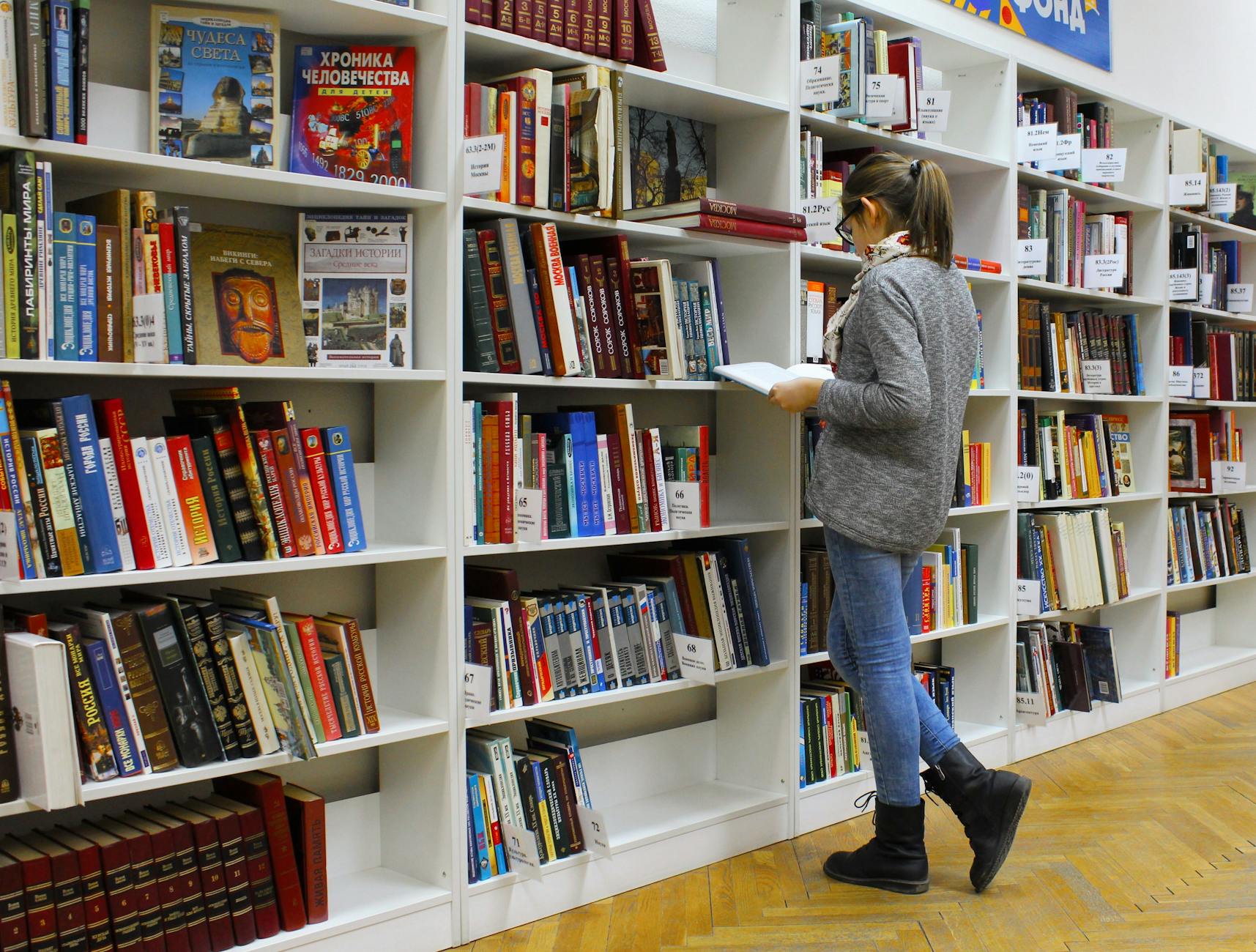-
 Find in Directory
Find in Directory Find in Events
Find in Events Find in Marketplace
Find in Marketplace Find in Articles
Find in Articles





 Many professors insist on in-depthresearch before embarking on assignment writing. Researching equips you with ideas and evidence from other authors you can use in your paper. Moreover, writing an assignment is effortless once you have adequate information to support your arguments or objectives. Some of the sources for information for academic tasks are books, publications, journals, and articles on websites, newspapers, and magazines. Still, you can only use data from [url=https://www.thoughtco.com/finding-trustworthy-sources-4114791]credible sources[/url] that are authoritative, valid, and accurate. This article will help you find the right information sources:
[b]Authority[/b]
Using the content from a reliable site gest you factual data and evidence for your paper. You can confirm the credibility of the information provided by assessing the source. A credible author should have qualifications in the field by either education, certification, or experience. Also, check the institution or organization affiliated to the writer, i.e., sponsored or content producers.
[b]Timeline[/b]
Most academic writing tasks require recent references that are no more than five years ago. This factor ensures that the information is up to date with developments in the related field. So, when choosing your source, ensure it was recently published or revised. You should check the materials creation time, year of publication, and when it was last revised.
Searching for information can be challenging or time staking. Fortunately, you can outsource help from an experienced academic writer in research. You can click to here [url=https://samedaypapers.com/]same day essay writing service[/url] company with the best writers for hire. Delegating this task saves you from wasting time or using information from a wrong source.
[b]Accuracy[/b]
An accurate source has reliable, correct, and factual content. Although you are not an expert on the topic, you can tell when a source is unreliable. First, check if they have references for their information and verify whether it corresponds to their data. Second, use your grammar skills to assess errors like spelling mistakes that credible sources cannot make. You should also check if theircontent is inconsistent.
[b]Relevance[/b]
A good source should relate to your topic by answering your research questions. It should provide evidence and be in line with your opinion. The material should also match with your target audience to stay relevant. You should also weigh if it is worth using it on your paper.
[b]Purpose[/b]
You should find out the reason why this information was written. It could be an opinion, for entertainment, to inform, for marketing or propaganda. It is ideal to understand the writer’s intention before using their material. The best source should be objective but still open to other perspectives. Avoid using content with controversial or bias topics like religion, gender, culture, or personal opinions.
[b]Conclusion[/b]
Hopefully, this guide will help you choose the right information sources. Always use these [url=https://www.umuc.edu/current-students/learning-resources/writing-center/writing-resources/evaluating-sources.cfm]criteria to select a reliable source[/url] for your paper. Remember to pick material with factual evidence to keep your composition truthful.
Many professors insist on in-depthresearch before embarking on assignment writing. Researching equips you with ideas and evidence from other authors you can use in your paper. Moreover, writing an assignment is effortless once you have adequate information to support your arguments or objectives. Some of the sources for information for academic tasks are books, publications, journals, and articles on websites, newspapers, and magazines. Still, you can only use data from [url=https://www.thoughtco.com/finding-trustworthy-sources-4114791]credible sources[/url] that are authoritative, valid, and accurate. This article will help you find the right information sources:
[b]Authority[/b]
Using the content from a reliable site gest you factual data and evidence for your paper. You can confirm the credibility of the information provided by assessing the source. A credible author should have qualifications in the field by either education, certification, or experience. Also, check the institution or organization affiliated to the writer, i.e., sponsored or content producers.
[b]Timeline[/b]
Most academic writing tasks require recent references that are no more than five years ago. This factor ensures that the information is up to date with developments in the related field. So, when choosing your source, ensure it was recently published or revised. You should check the materials creation time, year of publication, and when it was last revised.
Searching for information can be challenging or time staking. Fortunately, you can outsource help from an experienced academic writer in research. You can click to here [url=https://samedaypapers.com/]same day essay writing service[/url] company with the best writers for hire. Delegating this task saves you from wasting time or using information from a wrong source.
[b]Accuracy[/b]
An accurate source has reliable, correct, and factual content. Although you are not an expert on the topic, you can tell when a source is unreliable. First, check if they have references for their information and verify whether it corresponds to their data. Second, use your grammar skills to assess errors like spelling mistakes that credible sources cannot make. You should also check if theircontent is inconsistent.
[b]Relevance[/b]
A good source should relate to your topic by answering your research questions. It should provide evidence and be in line with your opinion. The material should also match with your target audience to stay relevant. You should also weigh if it is worth using it on your paper.
[b]Purpose[/b]
You should find out the reason why this information was written. It could be an opinion, for entertainment, to inform, for marketing or propaganda. It is ideal to understand the writer’s intention before using their material. The best source should be objective but still open to other perspectives. Avoid using content with controversial or bias topics like religion, gender, culture, or personal opinions.
[b]Conclusion[/b]
Hopefully, this guide will help you choose the right information sources. Always use these [url=https://www.umuc.edu/current-students/learning-resources/writing-center/writing-resources/evaluating-sources.cfm]criteria to select a reliable source[/url] for your paper. Remember to pick material with factual evidence to keep your composition truthful.
Explore the newest opportunities - get one step closer to your success!